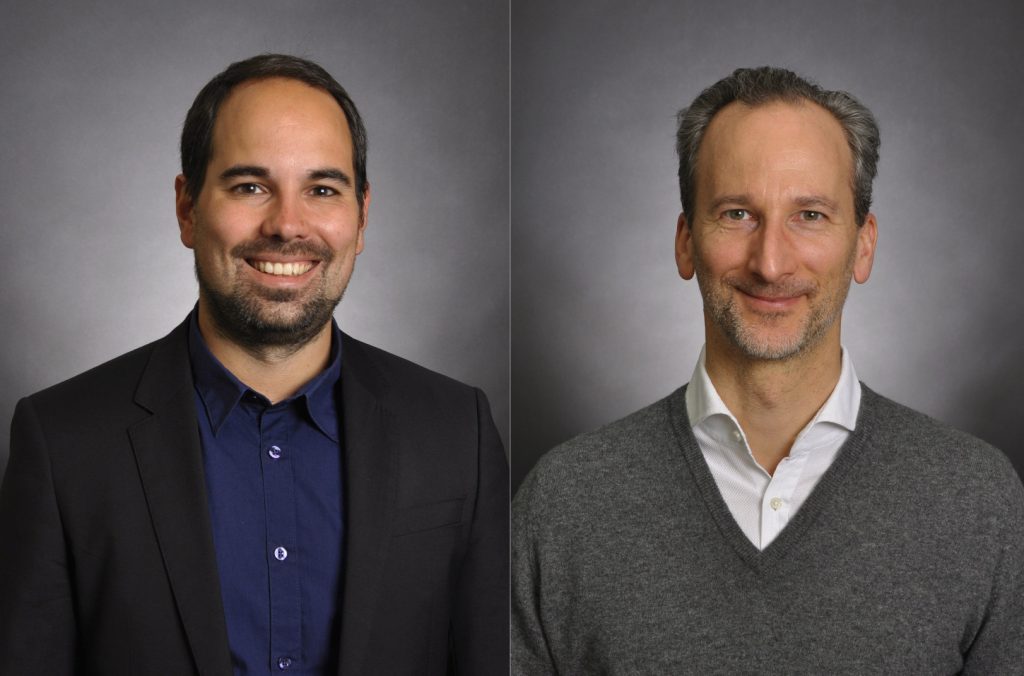What makes private equity in the healthcare sector so interesting for investors?

Private equity: high-yield investment as part of diversification
In turbulent times like these, when a lot of money is looking for attractive investment opportunities, private equity is more popular than ever as an investment form among institutional investors. Even in 2020, when the world was hit by the Corona pandemic, there were more than 8000 investments in Europe alone, according to the industry association InvestEurope. Experts predict that 2021 will again be a peak year for private equity.
According to industry experts, private equity companies that specialise in a particular sector are particularly attractive. This is because they actively contribute their industry knowledge to further develop their portfolio companies. SHS has been a successful healthcare investor for almost three decades. With the new SHS VI fund, the Tübingen-based company offers institutional investors the opportunity to participate in the growth of a promising, innovative industry.
We spoke to Sascha Alilovic (Managing Director and Partner) and Manfred Ulmer-Weber (Partner) about SHS and the new SHS VI fund.
What makes private equity in the healthcare sector so interesting for institutional investors?
Sascha Alilovic: The Corona pandemic has made us all aware of the importance of a strong healthcare system and an efficient healthcare industry. In addition, there are developments such as AI in the healthcare sector or personalised medicine that will put our healthcare systems on a new level in the future. The demographic development, keyword increasing life expectancy of an ageing society, will further increase the growth opportunities. This industry is extremely innovative and very dynamic, and SHS has been investing in this sector for almost 30 years with constant success.
Manfred Ulmer-Weber: The German, but also the European medtech industry is strongly characterised by small and medium-sized enterprises. Among them are many hidden champions that are among the most innovative in the world. Their founders are inventors and doers, the number of annual patent applications speaks for itself. We claim to know what makes these companies tick and what it takes – in addition to capital – to develop a healthcare growth company or an established medtech SME in a targeted manner.
Investors have been able to subscribe to SHS Fund VI for a few days now. Which investors is the new SHS Fund aimed at?
Sascha Alilovic: The SHS funds are aimed at institutional investors, pension funds, family offices, banks, insurance companies and investors from industry.
Manfred Ulmer-Weber: Here we should add that SHS, as a healthcare investor, has been investing according to ESG principles for years. This meets with great approval among investors because we achieve two goals: an attractive financial return and an impact in the social sphere.
What volume will the new SHS VI fund have and which investments is SHS looking for?
Sascha Alilovic: We are planning a target volume for SHS VI of 200 million euros and will make around 15 healthcare investments. Investments of between 10 and 15 million euros are planned. SHS VI will mainly invest in growth and medium-sized companies that are looking for capital. However, companies that are facing a change in management, for example in the context of a succession plan, are also of interest. Geographically, we are active in the DACH region, Benelux, France and Scandinavia.
And which segments in the healthcare sector does SHS consider particularly attractive?
Manfred Ulmer-Weber: Medical technology in the areas of diagnostics, healthcare IT, digital health, big data, AI and personalised medicine as well as life science suppliers. In our view, these are the most interesting sub-segments with great potential. Our task is to find the most innovative companies in these areas and then develop them in a targeted manner.
Sascha Alilovic: We are convinced that we will continue our successful path as an industry investor with our new SHS VI fund. The guiding principle of our work is not for nothing: “Building European Healthcare Champions”.